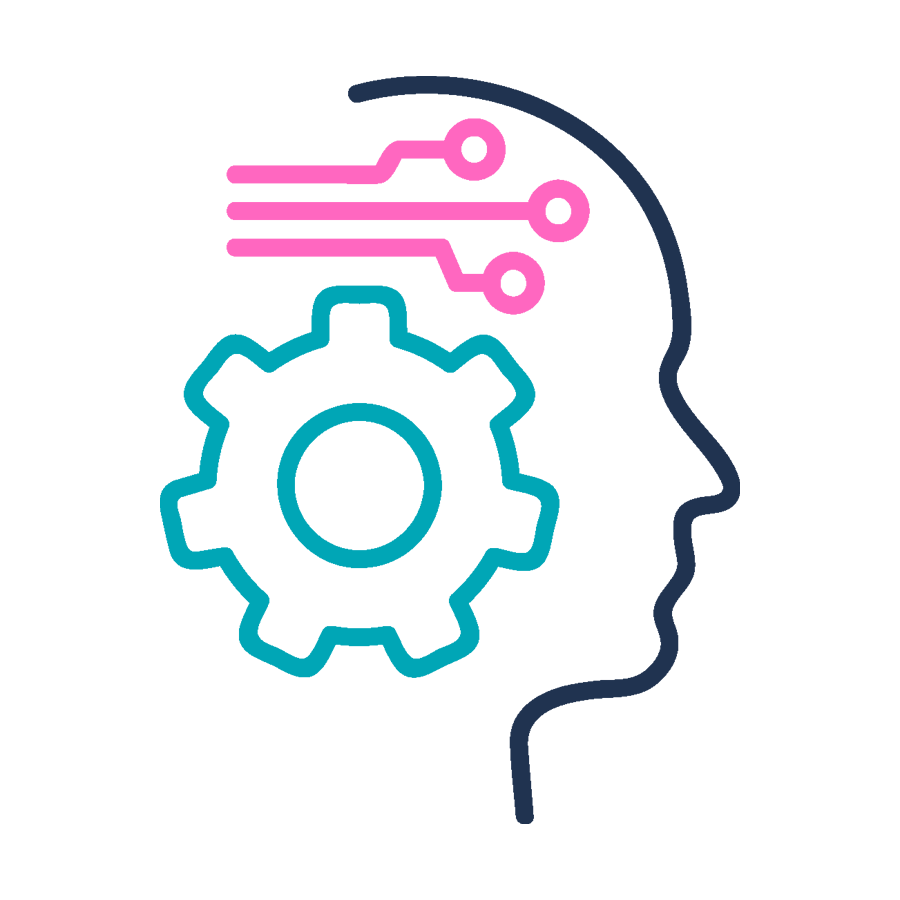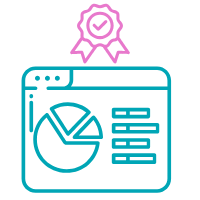Following the spectacular emergence of generative AI through tools such as ChatGPT and Midjourney, a new technological revolution is already underway: AI agents.
Unlike traditional AI, which is limited to generating content or responding to queries, AI agents are capable of understanding a goal, planning a series of actions, and executing them autonomously.
Many experts agree that AI agents represent the next major wave in AI.
What is an AI agent? Why now? And above all, what strategic impacts can organizations expect?
Rapid competitive advantage for early adopters.









